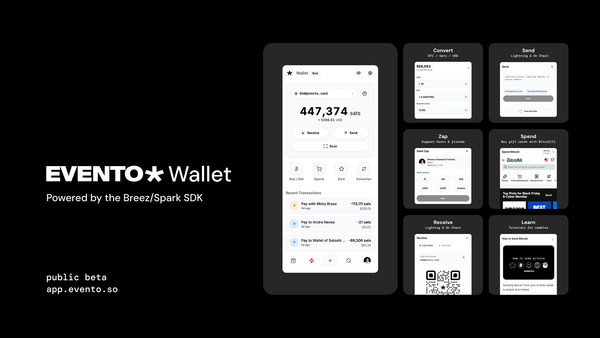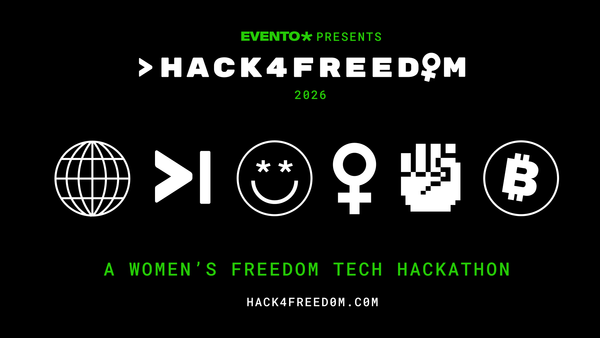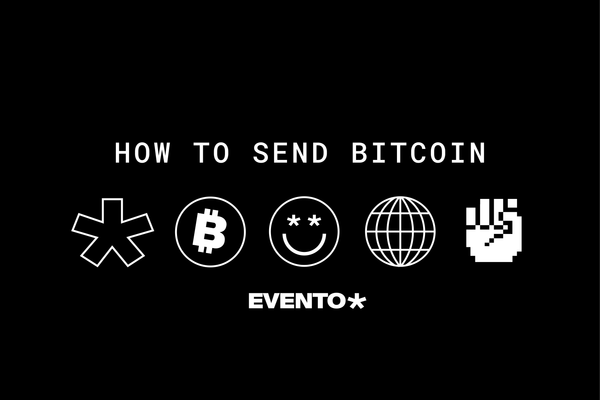They Can Freeze Our Accounts, But They Can't Freeze Our Hope: A New Lifeline for Activism
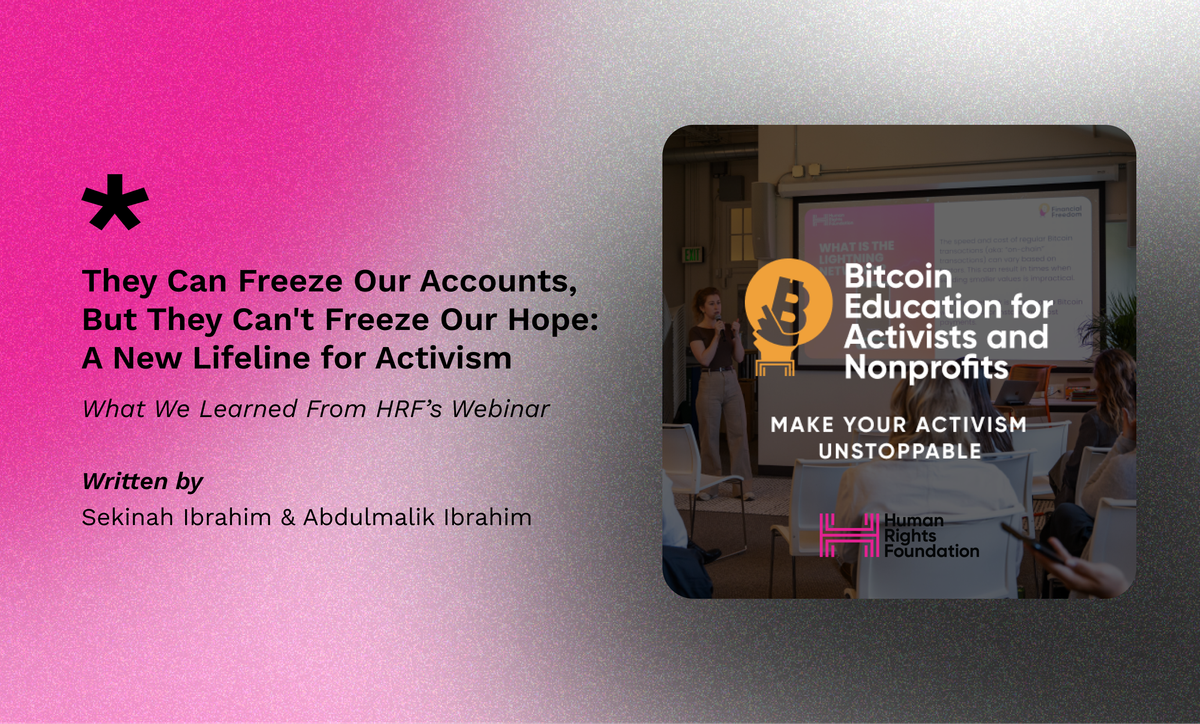
A combined reflection by Sekinah Ibrahim and Abdulmalik Ibrahim
Sekinah Ibrahim, Community & Events Manager at Evento
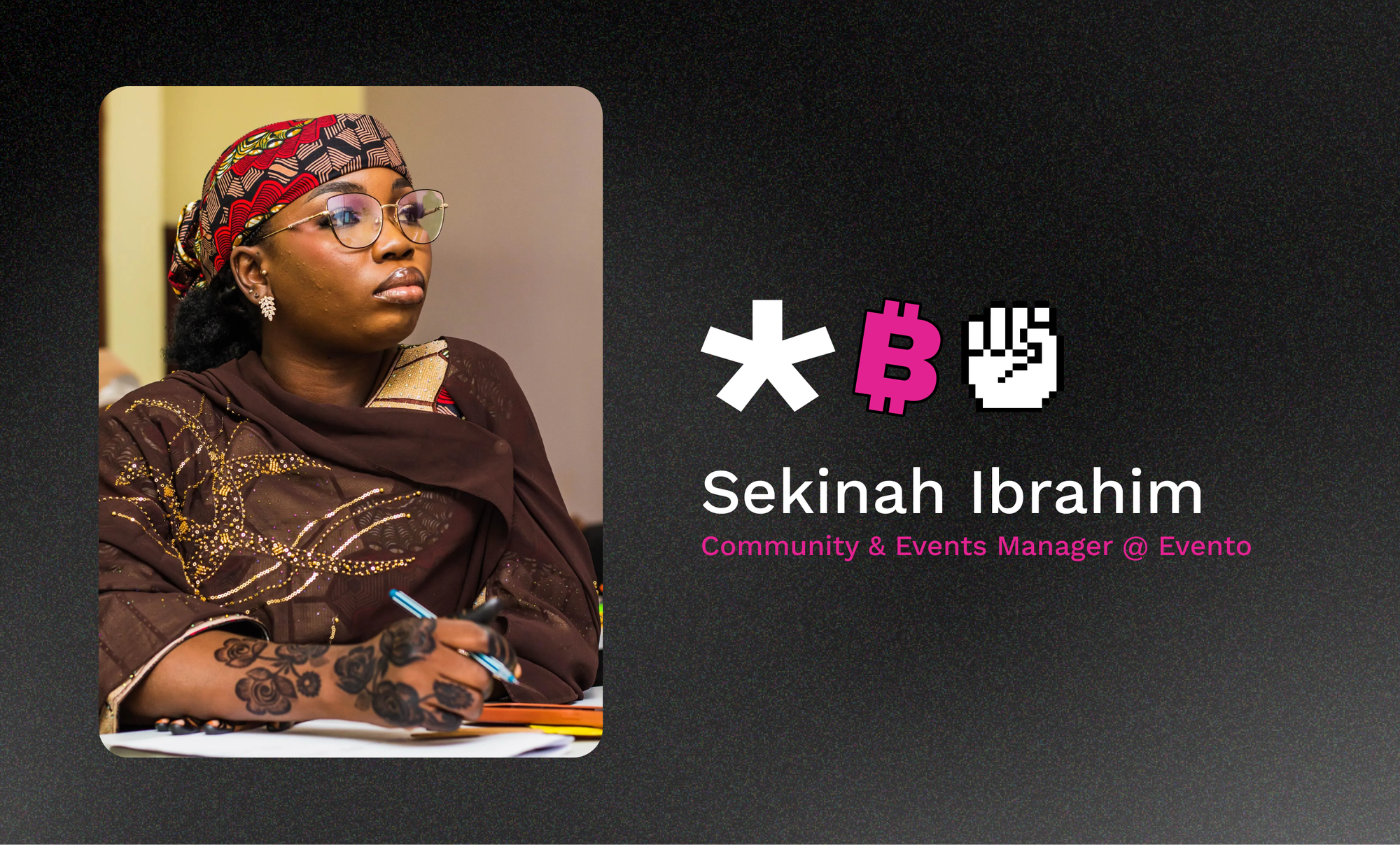
As an activist in Nigeria, you learn to live with a certain level of fear. It becomes a constant, low hum in the background of your life. I have felt the sting of police batons and faced the chilling intimidation of the military. I carry the physical and psychological scars of that brutality. But there is another weapon they use, one that is quieter but just as devastating: financial repression.
They don't just beat you into silence; they try to starve you into it. They freeze your bank accounts, block donations, and use the very financial systems we rely on to track and target us. When your ability to pay for medical aid, legal support, or even just safe transport is cut off with the click of a button, the fight for justice feels impossibly hard.
It was with this heavy reality on my mind that I recently attended a webinar by the Human Rights Foundation titled, "Bitcoin Education for Activists and Nonprofits" I went in expecting a dry, technical talk. I came away with a profound sense of hope. This wasn't just about currency; it was about survival.
The webinar went beyond theory and offered a practical toolkit for activists, addressing the very challenges we face. It laid out in stark terms how authoritarian regimes create financial prisons. The most powerful lesson was understanding true ownership through non-custodial wallets like Blue Wallet or Sparrow Wallet, where you, and only you, hold the private keys. I was blown away by BTCPay Server, an open-source tool that allows an organization to accept Bitcoin donations directly, without an intermediary that could de-platform us. Finally, it addressed the crucial "final mile" by highlighting Peer-to-Peer (P2P) platforms like HodlHodl and RoboSats, which allow us to convert Bitcoin to local currency privately, minimizing the risk of being tracked.
Abdulmalik Ibrahim, UI Designer, Student, & Evento Ambassador
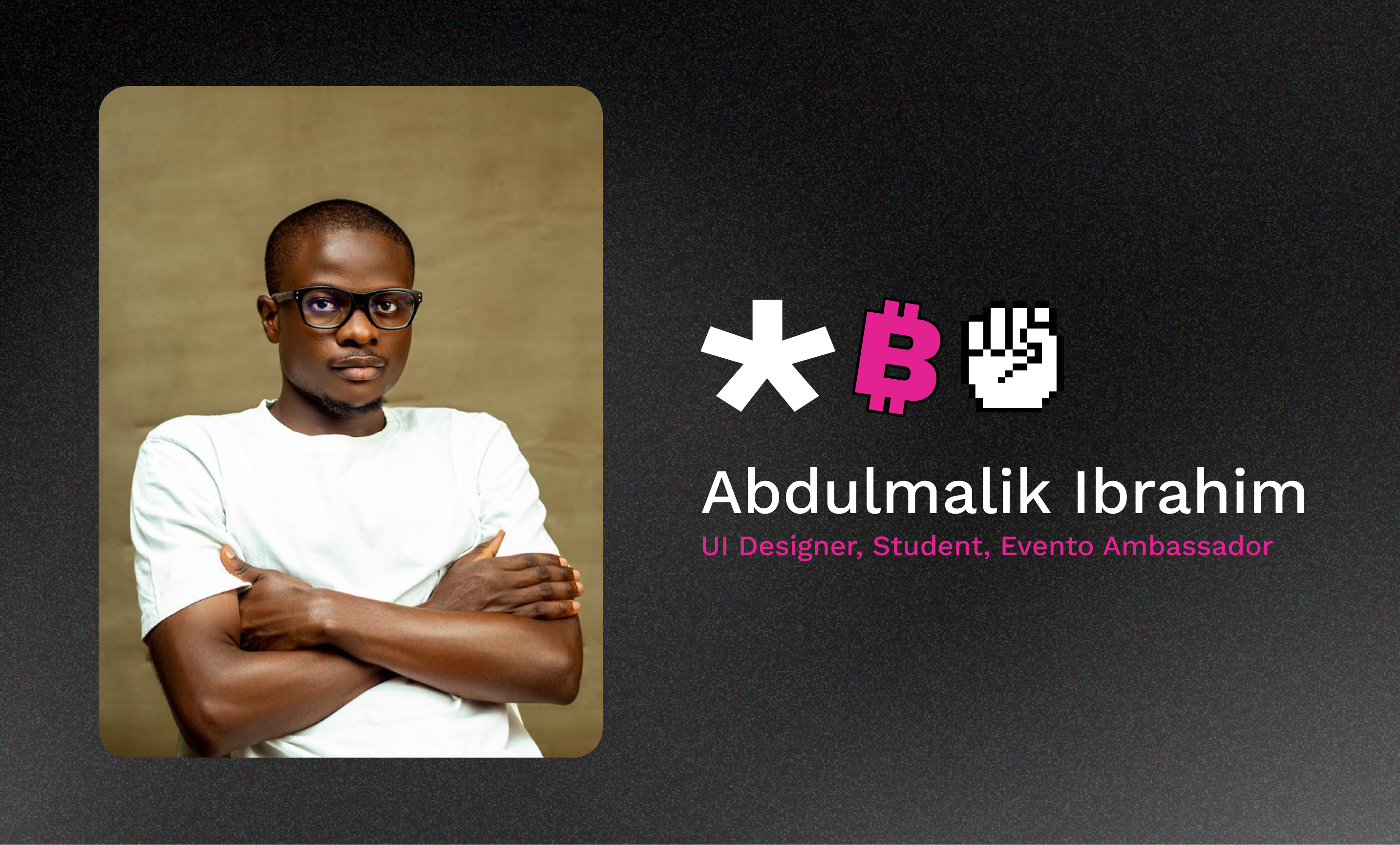
This revelation wasn't an isolated one. I recently had a similar awakening during the program, and it was nothing short of an eye-opener. As a student, my perspective shifted dramatically from seeing Bitcoin as a speculative asset to understanding it as a powerful tool for social change.
My mind immediately went back to the #EndSARS protests here in Nigeria. I remember the frustration when activists' financial accounts were frozen in an attempt to stifle a powerful movement. Bitcoin emerged then as a lifeline, enabling coordination and sustenance when traditional channels were blocked. This program brought those memories into sharp focus.
Over the three days, we explored case studies from around the globe, demonstrating how Bitcoin empowers movements. We got hands-on experience with practical tools like Muun wallet and learned fundraising strategies designed to maximize impact. The entire experience was inspiring, and I left feeling genuinely enlightened, eager to help my community understand that Bitcoin is a tool for the average person to leverage for change.
The Unshakeable Power of Decentralization
Though our experiences were different—the concept that resonated most deeply with both of us was decentralization.
Imagine a financial system that operates without a central authority—no CEO to bow to, no government official to issue dictates, no bank manager to freeze your funds. That's Bitcoin. Its core strengths lie in its censorship resistance and immutability. Once a transaction is recorded, it's there forever, and no one can stop it from happening.
For an activist, this isn't just a technical feature; it's revolutionary. It means that a donation from a supporter anywhere in the world can reach us without being intercepted. It means the funds we gather for our work cannot be seized by a hostile government. It means we, as individuals, can literally hold the keys to our own financial freedom.
A Shield in the Fight for Human Rights
Attending these programs felt like being handed a shield. The fight for human rights in Nigeria and elsewhere remains perilous. The threats of physical violence are real. But the weapon of financial repression, which has been used so effectively to isolate and cripple us, now has a powerful counter.
Bitcoin is not a magic solution to all our problems, but it is an indispensable tool. It’s a way to build a parallel financial system rooted in freedom, privacy, and unwavering resistance. It’s a lifeline that allows the global community to support grassroots movements directly, without fear of interference.
For both of us, this technology is more than just code and cryptography. It's the hope that the next time they come for us, our ability to organize, to support our own, and to fight back will remain untouched. They can try to silence our voices, but now, it will be infinitely harder for them to silence our resources.
Want to learn how to use Bitcoin for your organization?
You can register for the Human Rights Foundation’s free seminar on Bitcoin for Nonprofits and Activists on their website. It’s open to anyone working at the intersection of human rights, activism, and community organizing.
